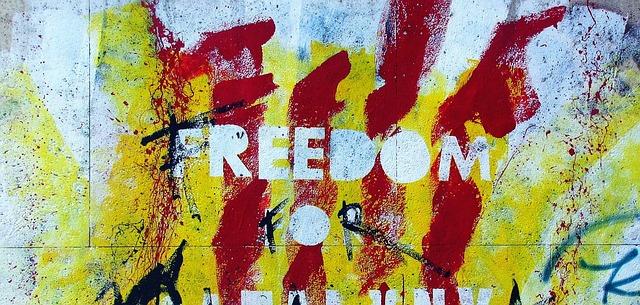Ethnic Politics in Pakistan: A Historical and Contemporary Analysis
Ethnic politics in Pakistan has shaped the social fabric and political landscape of the country since its inception in 1947. Understanding the historical roots and contemporary implications of this phenomenon is essential for grasping Pakistan’s governance, identity, and socio-economic development.
Historical Context of Ethnic Politics
The formation of Pakistan was deeply influenced by the demand for a separate homeland for Muslims in the Indian subcontinent. However, this homogenization of identity into a singular national narrative overlooked the diverse ethnic, linguistic, and cultural backgrounds present in the region.
The Birth of a Nation
- Pre-Partition Era: Pakistan is home to numerous ethnic groups including Punjabis, Sindhis, Pashtuns, Baloch, and Muhajirs.
- Post-Independence: The early years saw heightened tensions between ethnic factions as political power was concentrated in the hands of the military and bureaucratic elites.
Key Ethnic Groups and Their Political Struggles
Several ethnic groups have carved out significant political identities in Pakistan, each with its unique challenges and aspirations.
| Ethnic Group | Key Characteristics | Political Aspirations |
|---|---|---|
| Punjabis | Largest ethnic group, primarily in central Pakistan. | Dominance in military and political spheres. |
| Sindhis | Inhabit Sindh province, rich cultural heritage. | Greater autonomy and control over natural resources. |
| Pashtuns | Located in Khyber Pakhtunkhwa and Balochistan. | Increased political representation and focus on tribal rights. |
| Baloch | Reside mainly in Balochistan, distinct language and culture. | Greater provincial autonomy and economic rights. |
| Muhajirs | Descendants of Urdu-speaking immigrants from India. | Political representation and combatting marginalization. |
Contemporary Analysis: Ethnic Politics Today
In modern Pakistan, ethnic politics continues to play a significant role in shaping government policies, political parties, and social movements.
Political Parties and Ethnic Identity
Political parties often leverage ethnic identity to gain support, leading to a fragmented political landscape. For example:
- The Muttahida Qaumi Movement (MQM) primarily represents the Muhajir community.
- Awami National Party (ANP) caters to the Pashtun nationalist sentiments.
- The Balochistan National Party (BNP) focuses on Baloch rights and identity.
Current Challenges and Implications
Ethnic politics poses several challenges for Pakistan’s stability and governance:
- Conflict: Ethnic strife has led to violence and destabilization, particularly in Balochistan and Khyber Pakhtunkhwa.
- Resource allocation: Disputes over resource distribution often lead to tensions among ethnic groups.
- Governance: The focus on ethnic identities can overshadow national unity and inclusive governance.
Case Study: The Balochistan Conflict
The Balochistan conflict exemplifies the complexities of ethnic politics in Pakistan. The Baloch people have pursued greater autonomy and control over their natural resources while facing a heavy-handed military response. This ongoing struggle highlights the need for a more inclusive approach to governance that respects regional identities.
Practical Tips for Navigating Ethnic Politics
Understanding and addressing the nuances of ethnic politics can improve community relations and foster national unity. Here are some practical tips:
- Promote Inclusivity: Encourage dialogue among different ethnic groups while recognizing their unique identities.
- Support Decentralization: Advocate for policies that empower regional governments to manage local resources and development.
- Enhance Representation: Push for equitable representation of all ethnic groups in politics and decision-making processes.
Conclusion
Ethnic politics in Pakistan is a complex tapestry woven with history, identity, and power dynamics. As the nation grapples with its multi-ethnic identity, understanding these historical and contemporary elements is crucial for fostering national unity and social cohesion. Addressing the challenges posed by ethnic politics not only requires political will but also a commitment from society to embrace diversity and inclusivity for a harmonious future.



